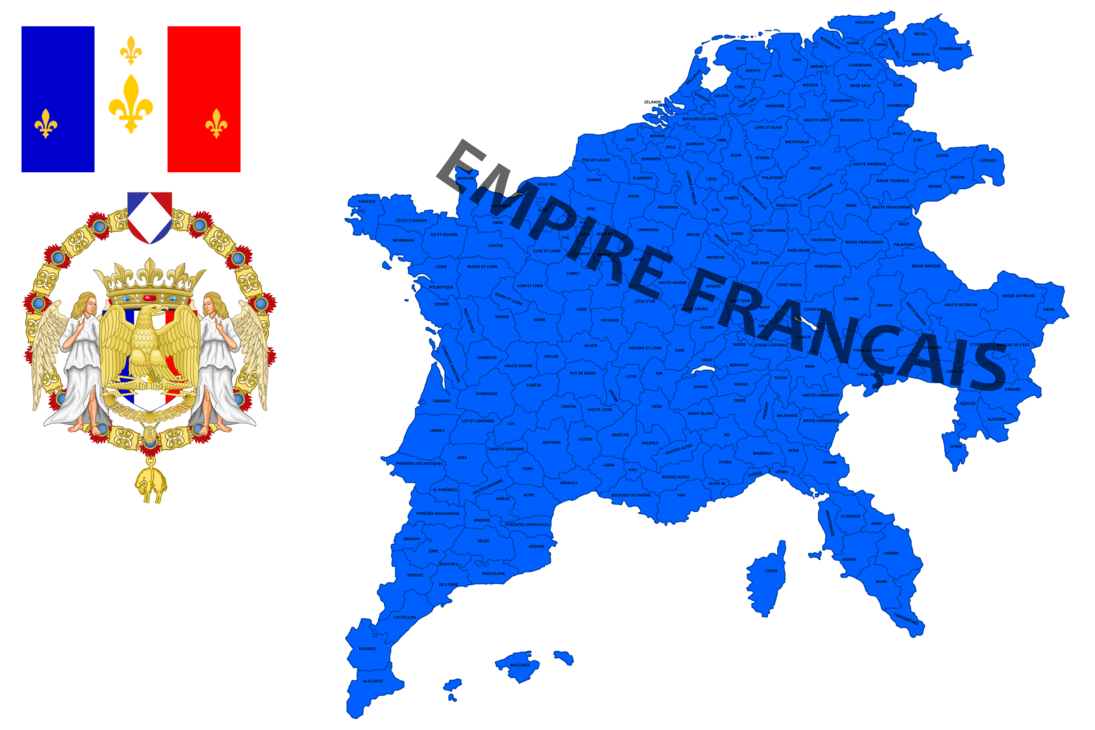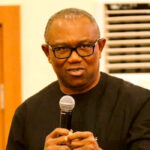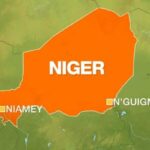It is instructive that as anti-French feelings are erupting in the French sphere in Africa, the French like the Soviet leaders of old appear not to be learning the lessons of these developments.
Indeed, the French seem to have forgotten the bitter lessons of their utterly humiliating back-to-back defeats at the hands of anti-colonial forces in Vietnam in 1954 and Algeria in 1962. The issue then as now is the unequal and exploitative relationship France had foisted on the countries that came under its colonial control.
Under the current situation in the French-speaking countries in Africa, the French will hypocritically have us believe that the coupists in Guinea, Mali, Burkina Faso and Niger have imperiled democracy in their countries by their actions. But there is a long record of French actions in Africa that imperiled democracy and destabilised not only countries in the Francosphere but in English-speaking ones like Nigeria as well.
The current situation in the French-speaking countries is clearly about a revolt against France’s exploitative relations with these countries which has left them impoverished despite all the riches that exist in their land. And these revolts are welling up from among the young generation who have known nothing but alienation, exploitation, poverty and hopelessness. Their sentiments and outlook in life is not the same as that of their fathers and in their palpable anger, they are not prepared to accept what they regard as the hollow, paternalistic exhortations of France.
Foundation, French Embassy organise Para-Soccer tourney in Kano
French Empire is collapsing and the African spring is finally here (II)
What is at stake for the peoples of the French-speaking countries is not necessarily the sustenance of democracy which France, US, ECOWAS, African Union and European Union are waxing lyrical about. They rather want to put a stop to the order of relations in which France continues to exploit their resources to their perpetual detriment. And right across the Sahel, from Guinea, Mali, Burkina Faso and Niger in West Africa, and Chad and Central African Republic in Central Africa, the military insurrections that have taken place in these countries are a manifestation of the pushback by the people against the deficits in good governance by the civilian democratic governments of those countries. And the coupists that have overthrown the civilian governments in the Francosphere are aware that the political momentum in their individual countries is not in favour of maintaining the status quo of the exploitative relations with France.
From the objective reading of the situation this momentum is irreversible despite on-going efforts by France to the contrary.
This combustible situation is likely to be accelerated by the intervention of ECOWAS forces in Niger. In this regard, an intervention by ECOWAS forces will be considered as going against the momentum of change sweeping the region which will likely meet with a hostile response. And more fundamentally the momentum of response and resistance to ECOWAS intervention in Niger will likely result in the overthrow of the remaining democratic governments in West Africa.
In many respects, what is happening is the beginning of the long-awaited African spring. Essentially the African Spring contains both the elements of the revolt against the Soviet order in Europe and the Arab Spring which exposed the underbelly of the oppressive, autocratic Arab regimes.
Like both Soviet and Arab revolts, the African spring is also embedded in the generation of disillusioned young people who see no future in the prevailing socio-economic conditions in their countries.
It has been stated in some narratives that like the African spring will go the way of its Arab counterpart whose fury petered out by the rear guard actions by outside forces and powers with vested interests in not seeing a new order in the Arab world that won’t favour them.
It is not quite so in Africa. Yes in Africa as in the Arab world while the momentum for change is being initiated and driven by the younger generation, the military having intervened in overthrowing the civilian democratic governments who are the objects of agitations in these countries, have now carried the momentum of agitation further at the behest of the disillusioned people to France which is the main factor of disillusionment and agitation.
Exposed, alone (because even its allies in the EU and NATO are ashamed of its excesses in Africa), out of options and out of sorts, France is now shamelessly looking for ECOWAS to help it out in Niger. The Americans won’t come to their aid having been weary of such involvements in the past on behalf of the French only to be betrayed in turn. And to make it worse for the French, the Russians and Chinese are prowling around the neighbourhood waiting to fill the vacuum.
For several reasons despite itself and the inclination and temptation to do so, France cannot afford the ugly optics on the world public opinion of a direct involvement in Niger. So now in desperate straits watching the time ticking to save its position in Africa, France is opportunistically looking to ECOWAS to save its bacon.
But the ECOWAS option which the French are pushing in Niger, rather than accord them any way out will result in France losing all eventually. Not only will France lose its special position in its African sphere from the likely pushback by Guinea, Niger, Mali, Burkina Faso, and Algeria, there is every likelihood that the entire sub-region and by extension the African continent will be convulsed by the momentum of change that the collapse of the French sphere in Africa will bring.
We certainly live in interesting times. (Concluded)

 Join Daily Trust WhatsApp Community For Quick Access To News and Happenings Around You.
Join Daily Trust WhatsApp Community For Quick Access To News and Happenings Around You.

